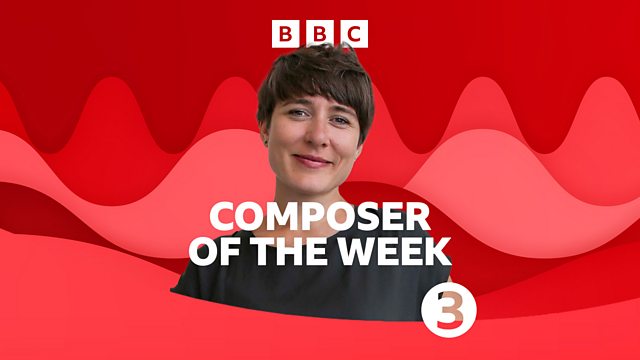
Productivity
Johanna Senfter emerges from her self-imposed exile from public life, and it proves to be the most productive period of her entire career.
Johanna Senfter emerges from her self-imposed exile from public life, and it proves to be the most productive period of her entire career.
If you know the name Johanna Senfter, it is probably in connection with her teacher, the composer, Max Reger. Senfter won the Arthur Nikisch prize for composition in 1910, and went on to be one of the most prolific of all late-Romantic female composers, writing at least 150 works, yet she has all but disappeared from our history books. In between the two World Wars she was very active within the world of music too, founding the Oppenheim Music Society, organising her own concert series and founding the Oppenheim Bach Society. However, her personal life is shrouded in mystery with little information published about either her biography, or her music, and there are substantial gaps in her story when we know nothing about Senfter. Unsurprisingly then, there are also questions hanging over certain elements of her personal life, and her political allegiances. Over the course of this week, Kate Molleson is joined by Professor Natasha Loges to explore the life of Johanna Senfter. They also examine the tumultuous world of early 20th-century Germany in which Senfter was working, and speculate on the reasons for her anonymity today.
In Thursday’s episode, Kate and Natasha explore the circumstances which led to Johanna Senfter emerging from her self-imposed exile from public life, to become a pivotal figure in the reviving of musical life in post World War I provincial Germany. It also proved to be, probably, the most productive period of Senfter’s life, both in terms of performances of her works across Germany and further afield and in terms of composition of new music.
Drei Klavierstucke op.83, no.1 Gemachlich
Monica Gutman, piano
Sonata for Violin and Piano in A major, Op.26 – IV. Gemachlich
Friedemann Eichhorn, violin
Paul Rivinius, piano
Concerto in C minor for Two Violins and Orchestra, op.40
Aleksandra Maslovaric, violin
Katarina Aleksic, violin
Budapest Symphony Orchestra
5 pieces for Viola and Piano, Op.76 – Weihnachten. In ruhiger Bewegung
Roland Glassl, viola
Oliver Triendl, piano
Piano Concerto in G minor, Op.90 - I. Lebhaft bewegt
����ý National Orchestra of Wales
Andrew Zolinsky, piano
Jonathan Bloxham, conductor
Produced by Sam Phillips for ����ý Audio Wales & West
Last on
Music Played
-
![]()
Johanna Senfter
Drei Klavierstuck, Op 83 (No 1)
Performer: Monica Gutman.- WERGO : 1307443307620.
- WERGO.
- 7.
-
![]()
Johanna Senfter
Sonata No 2 in A major for violin and piano, Op 26 (4th mvt)
Performer: Friedemann Eichhorn. Performer: Paul Rivinius.- PALADINO MUSIC : PMR0101.
- PALADINO MUSIC.
- 8.
-
![]()
Johanna Senfter
Concerto in C minor for two violins and orchestra, Op 40
Performer: Aleksandra Maslovaric. Performer: Katarina Aleksić. Orchestra: Budapest Symphony Orchestra.- FEMINAE RECORDS : -.
- FEMINAE RECORDS.
- 1.
-
![]()
Johanna Senfter
Five Pieces for viola and piano, Op 76 (Weihnachten. In ruhiger Bewegung)
Performer: Roland Glassl. Performer: Oliver Triendl.- HANSSLER : HC22076.
- HANSSLER.
- 3.
-
![]()
Johanna Senfter
Piano Concerto in G minor, Op 90 (1st mvt)
Performer: Andrew Zolinsky. Orchestra: ����ý National Orchestra of Wales. Conductor: Jonathan Bloxham.
Broadcast
- Thu 7 Mar 2024 12:00����ý Radio 3
Beethoven Unleashed – the box set
What was really wrong with Beethoven?
Composers A to Z
Who knew? Five eye-opening stories from Composer of the Week
Five reasons why we love Parry's Jerusalem
What is the strange power of Jerusalem which makes strong men weep?
A man out of time – why Parry's music and ideas were at odds with his image...
The composer of Jerusalem was very far from the conservative figure his image suggests.
Composer Help Page
Find resources and contacts for composers from within the classical music industry.





